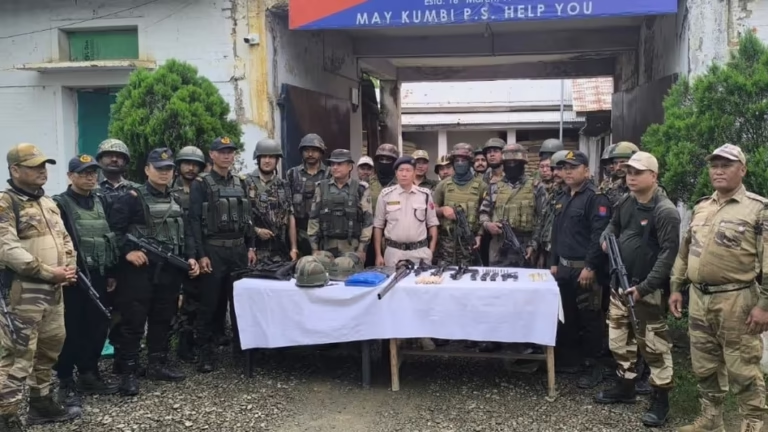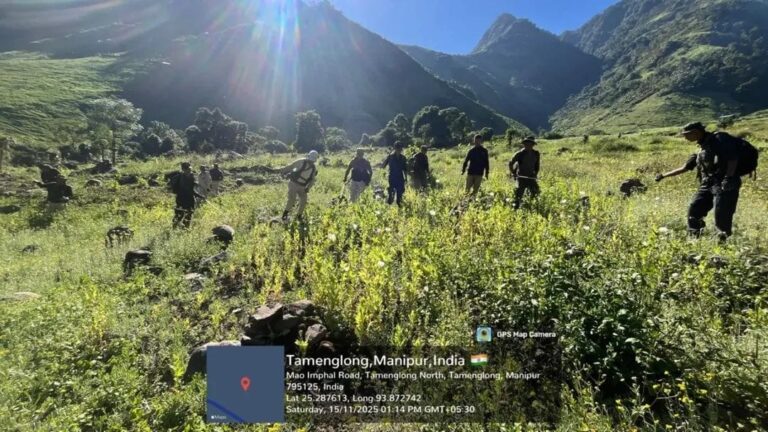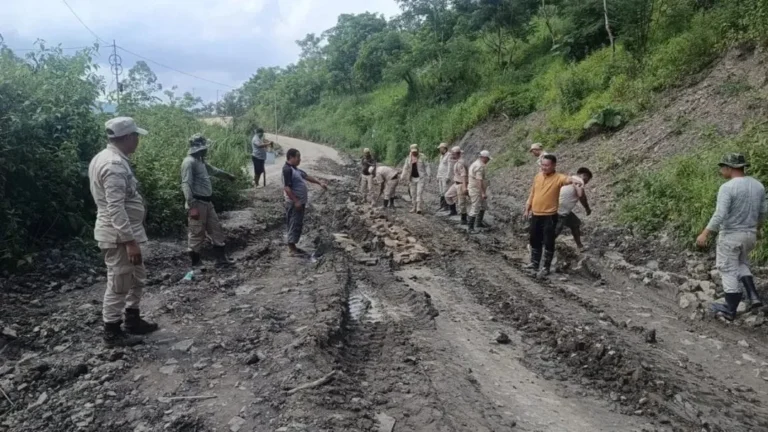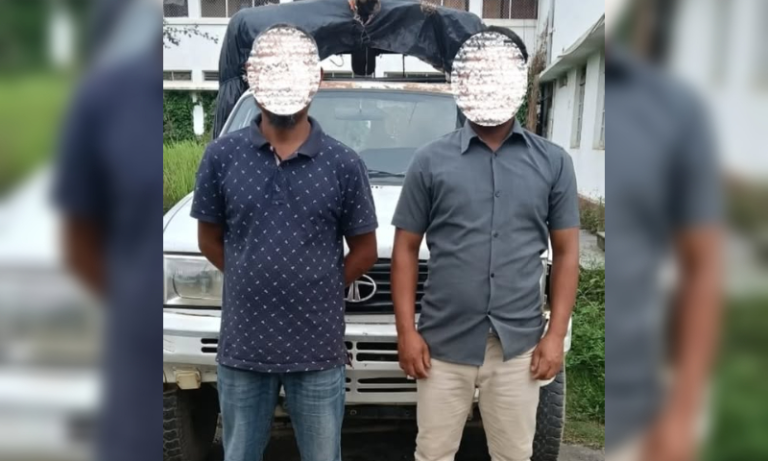Pregnant Wife Dead, techie found dead in Bengaluru, Allegations of Dowry Harassment and What It Reveals
A 27-year-old woman, identified as Shilpa Panchangamath, was found dead in south Bengaluru this week. Her family says she was pregnant and had a one-and-a-half-year-old son; they allege repeated dowry harassment and abuse by her husband Praveen and his family. Praveen — formerly an IT professional who, according to reports, quit to run a panipuri stall — has been arrested and police have registered a case under dowry-related provisions; investigators are probing whether the death was suicide or something more sinister. These are the claims and the official steps so far.
What happened — the facts (as reported)
According to police reports and statements from Shilpa’s family, she was discovered dead at her home in Suddaguntepalya, Bengaluru, on August 26. Her family told reporters she was pregnant at the time and already had a toddler. They also say she had been repeatedly harassed over money and other demands by her husband and his mother. The husband, named in coverage as Praveen, was arrested after the complaint and police registered a probe into dowry harassment and the circumstances of her death. The family claims large sums were paid at and after the wedding and that further demands continued; investigators are now looking into those allegations.
Key, verifiable points so far:
- Victim: Shilpa Panchangamath, age 27.
- Husband arrested; family alleges dowry harassment; police registered a case and are investigating.
- Family claims she was pregnant and had a young son; they say they paid substantial sums during the wedding and afterwards.
The family’s account — details and claims
Shilpa’s relatives, speaking outside the mortuary and to reporters, painted a troubling picture: the couple married in December 2022 after what the family calls an expensive wedding. The parents say they spent around ₹35 lakh on the wedding and gifted 150 grams of gold and household items. They claim the groom’s family demanded more cash — figures reported include an alleged ₹15 lakh demand at marriage time and subsequent requests, including ₹5 lakh to support the husband’s food business. When those sums could not be produced quickly, the family says Shilpa faced verbal taunts (including derogatory comments about her skin tone) and even physical assault; on at least one occasion she was reportedly sent back to her parents and later returned after the money was arranged. The family says the latest friction was over money related to a baby shower. All of these are family allegations that the police now need to verify.
This is where it gets painful: the family say they sold property and dug into chit funds to gather money for the marriage and subsequent demands. When you hear that a family sold a house to meet dowry expectations, the human cost becomes clear — these aren’t petty quarrels; they’re life-altering financial and emotional blows.
Frequently Asked Questions (FAQs)
1) What legal sections are used in dowry-linked deaths?
In India, investigators commonly use the Dowry Prohibition Act (1961) plus IPC Section 304B (dowry death) and Section 498A (cruelty) depending on facts. Section 304B applies when a woman dies under unnatural circumstances and there is evidence of harassment related to dowry.
2) Is the husband automatically guilty when a dowry complaint is filed?
No. An FIR and arrest may happen based on allegations and initial evidence, but guilt must be proven in court beyond a reasonable doubt. Section 304B creates a rebuttable presumption in certain circumstances, but courts still review forensic, testimonial, and documentary evidence before conviction.
3) What immediate steps should a family take after such an incident?
Preserve evidence, get medico-legal and forensic reports, record witness statements, consult a lawyer, and cooperate with police while demanding transparency. Document financial exchanges and messages that can substantiate dowry claims.
4) Are urban, educated families immune from dowry harassment?
No. Dowry demands cut across socio-economic lines; education and urban living are not automatic shields. These cases show how old social expectations persist despite modern careers or lifestyles.
5) Where can someone get help if they face dowry harassment or domestic abuse?
Contact local police or women’s help desks, reach out to NGOs and legal aid services, and use city helplines for immediate counselling. If you suspect immediate danger, call emergency services. For legal definitions and rights, consult official resources like IndiaCode or seek legal aid.





